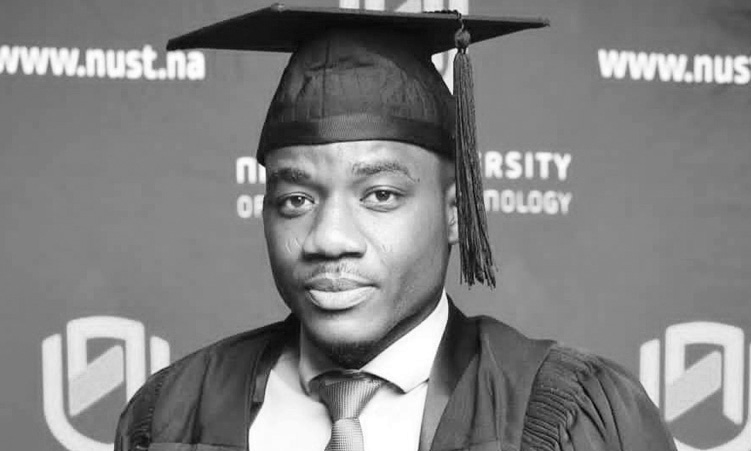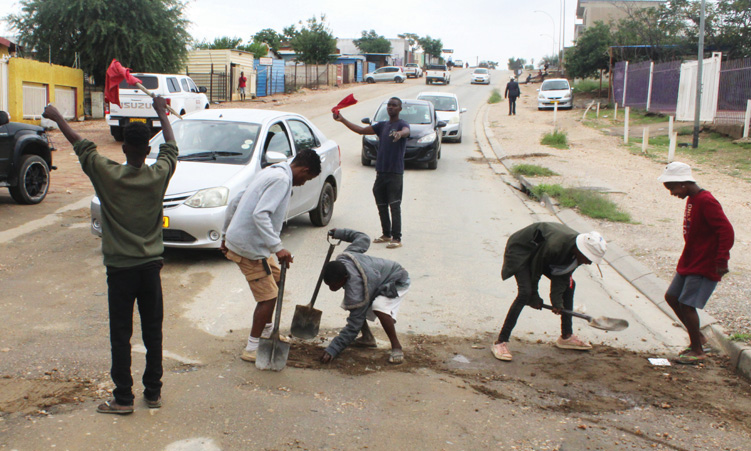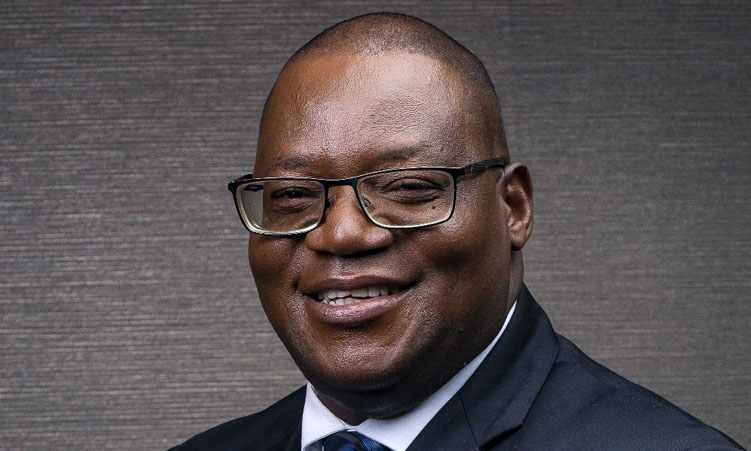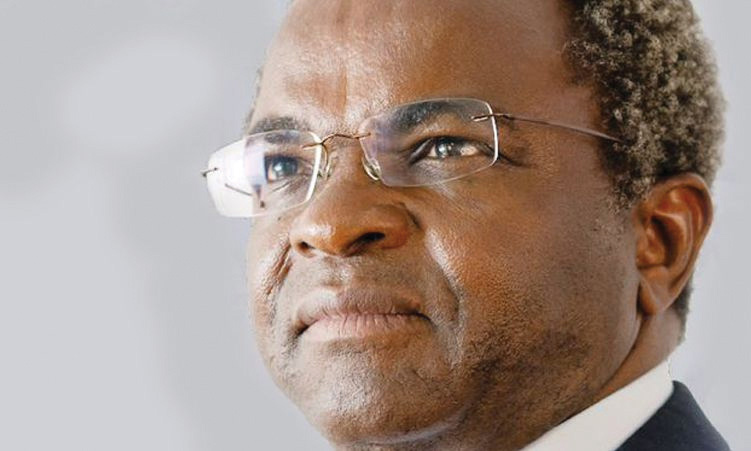As Namibia’s first woman president-elect, Netumbo Nandi-Ndaitwah – set to be sworn in tomorrow – will also be the commander-in-chief of the Namibian Defence Force.
It is important to unpack the relationship between women and national security which is often overlooked in traditional security discourse.
While the focus on military strength and geopolitical strategy tends to dominate the conversation, the contribution of women – both as individuals and as a collective force – is crucial to a nation’s overall security and stability.
This article looks at how women’s roles and experiences can positively influence national security strategies.
BEYOND THE BATTLEFIELD
Traditional notions of national security often centre on military might and geopolitical manoeuvring.
However, a holistic approach recognises that security is not solely about external threats.
It encompasses economic stability, social well-being, and the overall health of a nation’s population.
Women’s participation in these crucial facets of society is intrinsically linked to national security.
Women are not passive recipients of security; they are active participants in shaping its trajectory.
In many societies, women play vital roles in conflict resolution, peacebuilding and humanitarian aid.
Their unique perspectives and experiences offer crucial insights that can inform security strategies, often leading to more effective and sustainable solutions.
PEACEBUILDING
Women’s involvement in peace negotiations and conflict resolution processes is demonstrably linked to more sustainable outcomes.
Studies show that peace agreements are more likely to succeed when women are actively involved in their creation and implementation.
For example, the participation of women in the peace process in Northern Ireland led to more inclusive and enduring solutions.
Following the Rwandan genocide, women played a pivotal role in rebuilding the nation.
Their active participation in peace-building efforts and economic recovery programmes contributed significantly to stability and security.
Women’s economic empowerment is directly tied to national security.
When women have access to education, employment and financial resources, they contribute to a more stable and prosperous society, reducing the risk of social unrest and extremism.
Further, programmes promoting women’s entrepreneurship and financial literacy have proven effective in fostering economic resilience and reducing poverty.
AGENTS OF CHANGE
The relationship between women and national security is undeniable and deeply intertwined.
Understanding women’s multifaceted role – as active participants in security, as victims of threats and as agents of change – is crucial for developing comprehensive and sustainable security strategies.
By empowering women, addressing specific needs, and promoting gender equality, nations can strengthen their overall security and resilience.
A holistic approach that acknowledges the critical contribution of women is not just a moral imperative but a strategic necessity for a more secure and prosperous future specifically for our country, the Republic of Namibia.
- – Tomas Mumbala is a former military policer officer. He holds a bachelor of criminal justice in policing (Nust) and postgraduate diploma in security and strategic studies (University of Namibia).
Stay informed with The Namibian – your source for credible journalism. Get in-depth reporting and opinions for
only N$85 a month. Invest in journalism, invest in democracy –
Subscribe Now!










